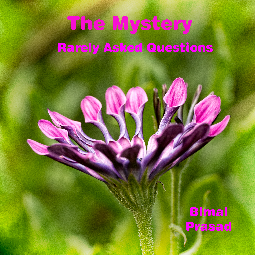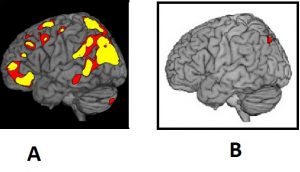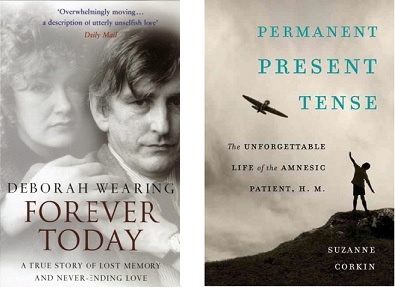
An essay by Michael Damian
Self-realization is a matter of clarifying the relationship between experience and truth, which in our habitual, conventional view is entirely clouded. In this existence we can speak of three modes of perception or experience. Each of them has a different relationship to the ultimate truth. Let’s begin with the mode where most of humanity lives:
- Somethingness. The first mode is of finite, materialistic perception and identity—remembering that how we perceive determines our identity, and our identity conditions perception. In this mode, “God” or truth is basically seen as Nature, or Life in all its earthly wonder, its pain and pleasure, failure and triumph. In this mode everything and everyone is a “something,” a limited and known entity. A good example of perception in this mode is how children, and even some adults, will personify inanimate objects and project feelings or a soul into them. We might see everything as precious and special, but most importantly, things are regarded in their multiplicity. We see God as a great Something under which we are each another unique something, as in “all God’s children.”Love is therefore perceived as a special connection between separate entities. In egoic, finite consciousness we believe we have to fight and struggle so that “Love can win,” or that good can overcome evil. Hence, the tendency in this mode is to identify and split up into factions and parties, where we imagine we are on the side of good. Here we find all the divisive negative qualities of our limited view of somethingness. Everyone and everything gets sorted into identities and categories. There is no understanding of the unity beyond that, even though one may talk about or seek a limited unity of some kind. One does not understand precisely where and how that unity already exists; it is imagined as something—you see, another “something”—that we have to create.




